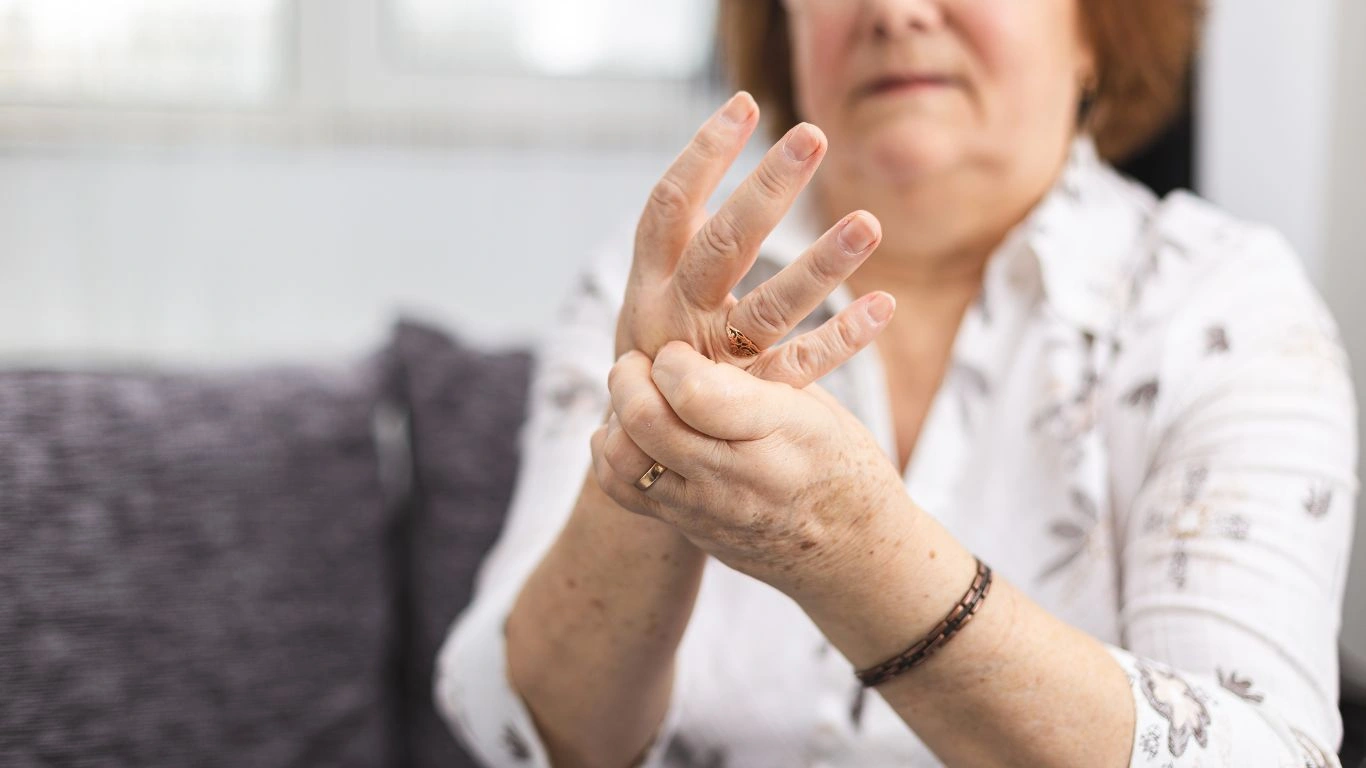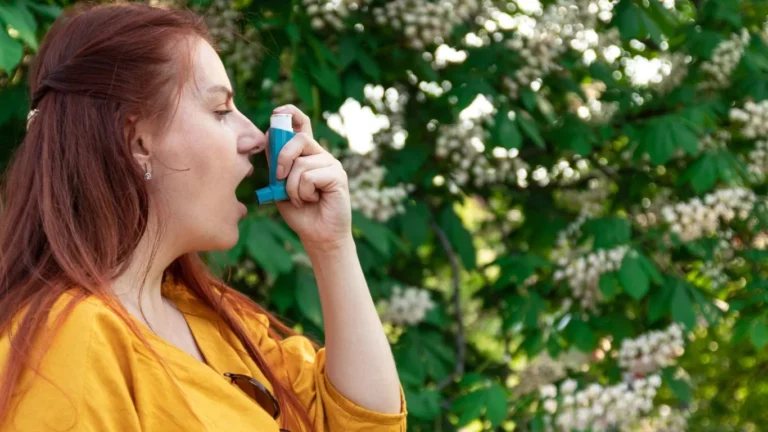Rheumatoid Arthritis and the Importance of Hydration 💧: A Crucial Connection for Managing Symptoms
When living with rheumatoid arthritis (RA), managing symptoms can feel like a full-time job. From stiffness and joint pain to fatigue, it can be overwhelming. But what if something as simple as staying hydrated could make a big difference in managing RA symptoms? In this article, we’ll explore how hydration plays a key role in managing rheumatoid arthritis and why it’s often overlooked. Stay with us to uncover tips, success stories, and expert advice!
What is Rheumatoid Arthritis? 🤔
Rheumatoid arthritis (RA) is an autoimmune disease where your immune system mistakenly attacks your body’s joints. This results in inflammation, pain, and sometimes permanent damage. The disease can impact multiple joints in the body, often leading to stiffness, swelling, and a decrease in mobility.
But, did you know that hydration could significantly impact your RA management? Let’s dive into why it’s so important and how it can help.
Why Hydration Matters for Rheumatoid Arthritis 💦

Water is essential for the body’s overall function, but it becomes especially crucial when dealing with a chronic condition like rheumatoid arthritis. Here’s why:
- Lubricates Joints: Your joints need lubrication to move freely. When you’re dehydrated, your body struggles to produce enough synovial fluid—the natural lubricant that keeps your joints from becoming stiff and painful. Proper hydration ensures that synovial fluid is produced in optimal amounts, helping reduce friction and pain in your joints.
- Reduces Inflammation: Dehydration can worsen inflammation, which is at the core of RA symptoms. When your body is well-hydrated, it helps flush out toxins and waste, reducing the overall load of inflammation in the body. This makes it easier for your immune system to function and reduces the severity of flare-ups.
- Supports Kidney Function: RA treatments, especially medications like NSAIDs and methotrexate, can strain your kidneys. Staying hydrated helps your kidneys function better by aiding in the removal of these medications’ byproducts. This can help prevent kidney-related issues down the line.
- Enhances Circulation: Hydration is key to maintaining healthy blood flow, which can positively impact joint health. Proper circulation can ensure that vital nutrients and oxygen are delivered to the joints, helping repair damage caused by RA over time.
How Much Water Should You Drink for RA? 💧

The ideal amount of water varies based on age, sex, and physical activity level. However, the general recommendation is to drink at least 8 glasses (64 ounces) of water a day. Some experts suggest drinking more—around 10-12 cups—if you’re dealing with a chronic condition like RA. But always listen to your body! If you’re thirsty, hydrate. If you’re feeling sluggish or experiencing more pain than usual, it may be a sign you need more water.
Troubleshooting Common Issues 🛠️
Even though staying hydrated seems simple, there can be some challenges, especially for those with RA. Here are a few common issues people face and tips on how to troubleshoot them.
- Forgetfulness to Drink Water: It’s easy to forget to drink enough water throughout the day, especially when you’re busy managing RA symptoms. Try setting reminders on your phone or using a water tracking app. You can also keep a water bottle with you at all times to encourage sipping throughout the day.
- Difficulty with Swallowing: Some people with RA may also experience issues with dry mouth or difficulty swallowing. If you find it hard to drink water, try sipping smaller amounts throughout the day or infusing your water with flavors like lemon or cucumber to make it more enjoyable.
- Feeling Bloated: Drinking too much water in a short amount of time can lead to bloating. Try spacing out your water intake throughout the day and focus on consuming smaller amounts more frequently to avoid discomfort.
Case Studies / Success Stories 📚

Success Story 1: Emily’s Journey with RA and Hydration
Emily, a 45-year-old woman diagnosed with rheumatoid arthritis five years ago, found that her joint pain and stiffness were at their worst during flare-ups. After learning about the importance of hydration from her doctor, she decided to make drinking water a priority. Within a few weeks, Emily noticed that her joints felt less stiff in the morning and her energy levels improved. She started drinking at least 10 cups of water a day, along with herbal teas, and began to feel more in control of her symptoms.
Success Story 2: Mark’s Reduction in Inflammation
Mark, 38, had been living with RA for nearly a decade. Despite his efforts to manage pain with medication and exercise, he still faced frequent inflammation and swelling in his knees. When his nutritionist suggested he increase his water intake, Mark was skeptical. But after several weeks of drinking more water and reducing his intake of sugary beverages, he noticed a dramatic reduction in inflammation. His knees felt less swollen, and he had fewer flare-ups, leading him to advocate hydration as a key element in his RA management plan.
Key Takeaways / Summary 📝
- Hydration is critical for joint lubrication, reducing inflammation, and supporting kidney function.
- Drinking plenty of water helps keep your body running smoothly, even while managing RA.
- To optimize hydration, aim for at least 8 glasses of water a day—more if you’re active or living with RA.
- Don’t forget to hydrate with other liquids like herbal teas or water-rich foods (e.g., cucumbers, watermelon) to boost your intake.
- Stay consistent and listen to your body’s hydration needs.
Incorporating more water into your daily routine might not eliminate RA entirely, but it can definitely improve your overall health and help you feel more comfortable in your daily life.
FAQs ❓
- Q1: How does dehydration affect RA symptoms?
Dehydration can exacerbate inflammation and joint stiffness, making RA symptoms more painful. It can also hinder kidney function, especially when RA medications are involved. - Q2: What are some easy ways to drink more water?
Try setting reminders, using a water-tracking app, or carrying a reusable water bottle with you. Infuse water with fruits or herbs for added flavor and variety. - Q3: Can hydration replace RA medications?
While staying hydrated is essential for managing RA, it should not replace prescribed medications. Always consult your healthcare provider before making changes to your treatment plan. - Q4: Is it safe to drink too much water with RA?
Yes, it’s possible to overhydrate, which can lead to bloating or a condition called hyponatremia. Aim for moderate hydration—listen to your body and drink enough, but not excessively.
References 📚
- National Rheumatoid Arthritis Society
- Arthritis Foundation – Hydration Tips for RA
- Mayo Clinic – The Role of Hydration in Arthritis
Disclaimer 🚨
The information provided in this article is for informational purposes only and should not be considered as medical advice. Always consult your healthcare provider before making any changes to your treatment plan or hydration habits.
Call to Action 📢
If you’re living with rheumatoid arthritis, staying hydrated can be a game-changer for managing your symptoms. Start today by tracking your water intake and prioritizing hydration. Have you noticed a difference in your symptoms when you drink more water? Share your thoughts in the comments below, and don’t forget to pass this article on to others who could benefit from these tips!

Camellia Wulansari is a dedicated Medical Assistant at a local clinic and a passionate health writer at Healthusias.com. With years of hands-on experience in patient care and a deep interest in preventive medicine, she bridges the gap between clinical knowledge and accessible health information. Camellia specializes in writing about digestive health, chronic conditions like GERD and hypertension, respiratory issues, and autoimmune diseases, aiming to empower readers with practical, easy-to-understand insights. When she’s not assisting patients or writing, you’ll find her enjoying quiet mornings with coffee and a medical journal in hand—or jamming to her favorite metal band, Lamb of God.







